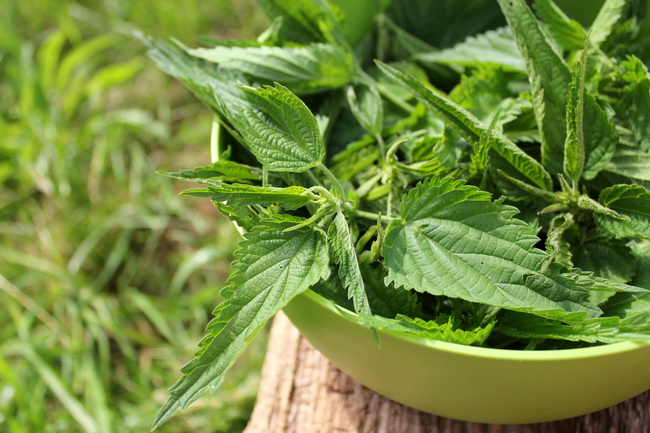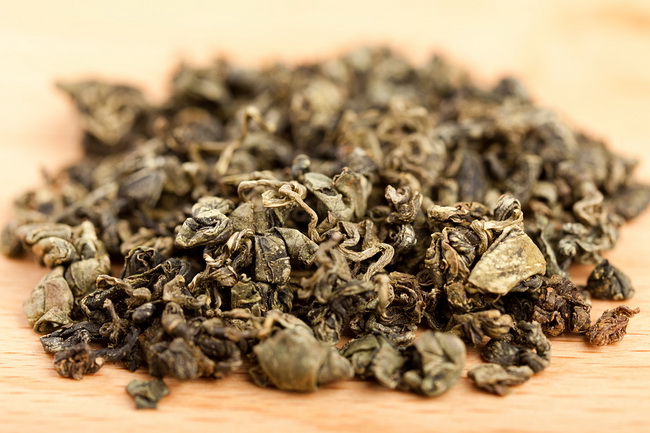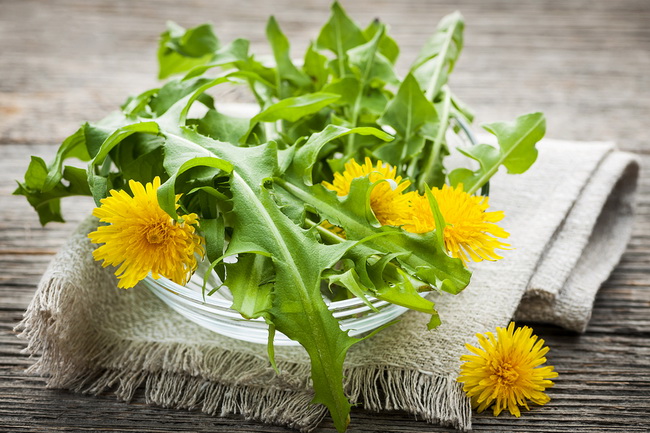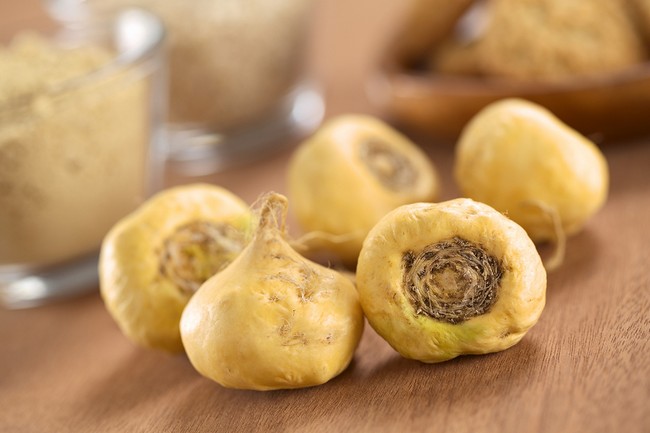- Make It Yourself Lavender Heart-Shaped Bath Bombs!
- 20 Things You Never Knew About “Down There”
- 12 Best Foods For Those Suffering From Arthritis Pain
- 12 Personal Hygiene Mistakes Almost Everyone Makes (Mom Never Told You About #4!)
- 15 Medicinal Plants And Herbs From The Cherokee People
- 12 Mind-Blowing Benefits Of Drinking Coconut Water During Pregnancy
- 12 Outstanding Winter Foods That Won’t Fatten You Up Like A Christmas Turkey
Hey, Baby: Check Out the Top 12 Herbs That Improve Fertility

Photo credit: bigstock.com
It used to be quite common for women to marry and have children in their early 20’s, but more and more couples are putting their careers and education first and having children later in life. This has led to an increase in fertility issues for many couples. Combined with today’s hectic and stressful lifestyle, you have much less natural conditions for conception to happen.
A great deal of people rely on vitro fertilization, but at about $20,000 bucks a pop, and an only 20 percent success rate, this method leaves a lot to be desired.
Why not let Mother Nature take care of things her way? There are a great many herbs that can help improve your chances of becoming pregnant, and these work. Not only do they have a terrific success rate, they are very inexpensive.
So before you try those more expensive options, check out the top 12 herbs known to improve fertility.
1. Stinging Nettle
One of the most recommended fertility herbs is stinging nettle. Rich in iron, it helps to normalize the menstrual cycle and bleeding. It also contains folic acid, which allows the proper division of cells. Stinging nettle promotes a healthy uterine environment, supports the proper function of the adrenal glands, and is high in vitamin K, all of which are necessary for both conception and birth. Find out more health benefits of using nettle.
2. Red Raspberry Leaf
Another very effective option is red raspberry leaf. This leaf tones the lining of the uterus. Take this herb for a minimum of 30 days before you try to conceive in order to give it time to work. You can maximize your chances of conceiving by combining this with another fertility herb such as stinging nettle or red clover. After you become pregnant, you can continue to consume red raspberry leaf to help stop morning sickness.
3. Red Clover
As mentioned above, when combined with another fertility herb, red clover is super effective. High in calcium, magnesium, and other vitamins, red clover helps to regulate the menstrual cycle and correct cervical mucus issues. Red clover will also help to detox your reproductive organs so conception becomes easier. Consume this as a tea, rather than a capsule or pill supplement, and its alkalizing compounds help to correct any hormonal imbalances that might be standing in the way of conception. Many women state that they became pregnant after consuming red clover tea two or three times per day for a few months.
Continue to Page 2

Photo credit: bigstock.com
4. False Unicorn
This is a rare herb that helps both women and men with fertility issues. For women, it helps with ovarian pain, irregular periods, and recurrent miscarriages due to weakness in the cervical and uterine areas. For men, it helps with many of the common causes of male impotence.
5. White Peony
This is the herb for you if you are suffering from uterine fibroids, dysmenorrhea, PCOS, or endometriosis. This herb gives better results when combined with other fertility herbs such as red clover or stinging nettle. White peony contains a compound called paeoniflorin that is an anti-spasmodic, relaxes the muscles, and has analgesic properties as well.
6. Chaste Berry
This herb offers nourishment to the pituitary gland as well as lengthens the luteal phase. More importantly, it lowers prolactin and raises progesterone. For many women this herb alone will increase fertility.
Continue to Page 3

Photo credit: bigstock.com
7. Dandelion
Yep, we are talking about that little “weed” in your garden. It’s jam-packed with vitamins A, C, and other trace minerals that are important to the reproductive system. Dandelion helps to detox the body and offers super liver support.
8. Dong Quai
Sometimes called Angelica, this is an ancient herb that is full of iron while improving blood circulation. Dong quai can regulate hormones and is known to strengthen the uterus. It also helps fight depression, fatigue, stress, and other emotional issues that often come with conception problems. It is also a good remedy for PMS relief.
9. Tribulus
This is another herb that offers benefits for both males and females. Considered by some to be an aphrodisiac (that will help, right?), tribulus has been used for thousands of years in Traditional Chinese Medicine as well as in Ayurveda to improve the fertility of men and women.
Studies show that this yellow flowering plant has the ability to increase the amount of sex hormones in both males and females. It stimulates the increased production of FSH and estradiol in women and improves testosterone and LH production in men. This herb will help normalize the ovulation cycle for women, while improving the sperm count for men.
Continue to Page 4

Photo credit: bigstock.com
10. Yarrow
One of the most versatile herbs in the world, it works well when combined with other fertility herbs. Yarrow is a well-known plant that stimulates fertility by encouraging menstruation and regulating a normal menstrual flow. It has antispasmodic compounds that help stop cramps and is a natural anti-inflammatory as well.
Yarrow stops inflammation of the uterus and relieves congestion to improve the overall circulation in the reproductive system. Yarrow can also stop heavy bleeding, which is often a sign of ovarian cysts, or uterine fibroids. Yarrows most helpful feature is it can help find the appropriate ground for the implantation of fertilized egg cells.
11. Maca
This is a plant native to Peru and is available in almost all health food stores in a capsule form. Maca has been used for thousands of years to improve female fertility. It’s said to increase the libido in men and improve sperm count. For women, maca regulates hormone production and improves the health of their eggs. Maca helps with PCOS and endometriosis, both causes of infertility.
SEE ALSO: A Lack of This One Mineral Can Cause Male Infertility
12. Damiana
This is another very old herb that has been used for hundreds of years as both an aphrodisiac as well as for the improvement of fertility. During the 19th century, damiana was a normal part of pharmacopoeia and accepted by most doctors as an effective treatment. This plant is normally taken as either a tea or a tincture. Damiana regulates the menstrual cycle and is thought to give nourishment to the reproductive system.
You should note that herbs are mild in action and results are rarely instantaneous. Use them consistently and allow several months for them to work their magic. Always consult your doctor if you are taking any other type of prescription drugs or fertility drugs as there can be interactions.
Sources:





























